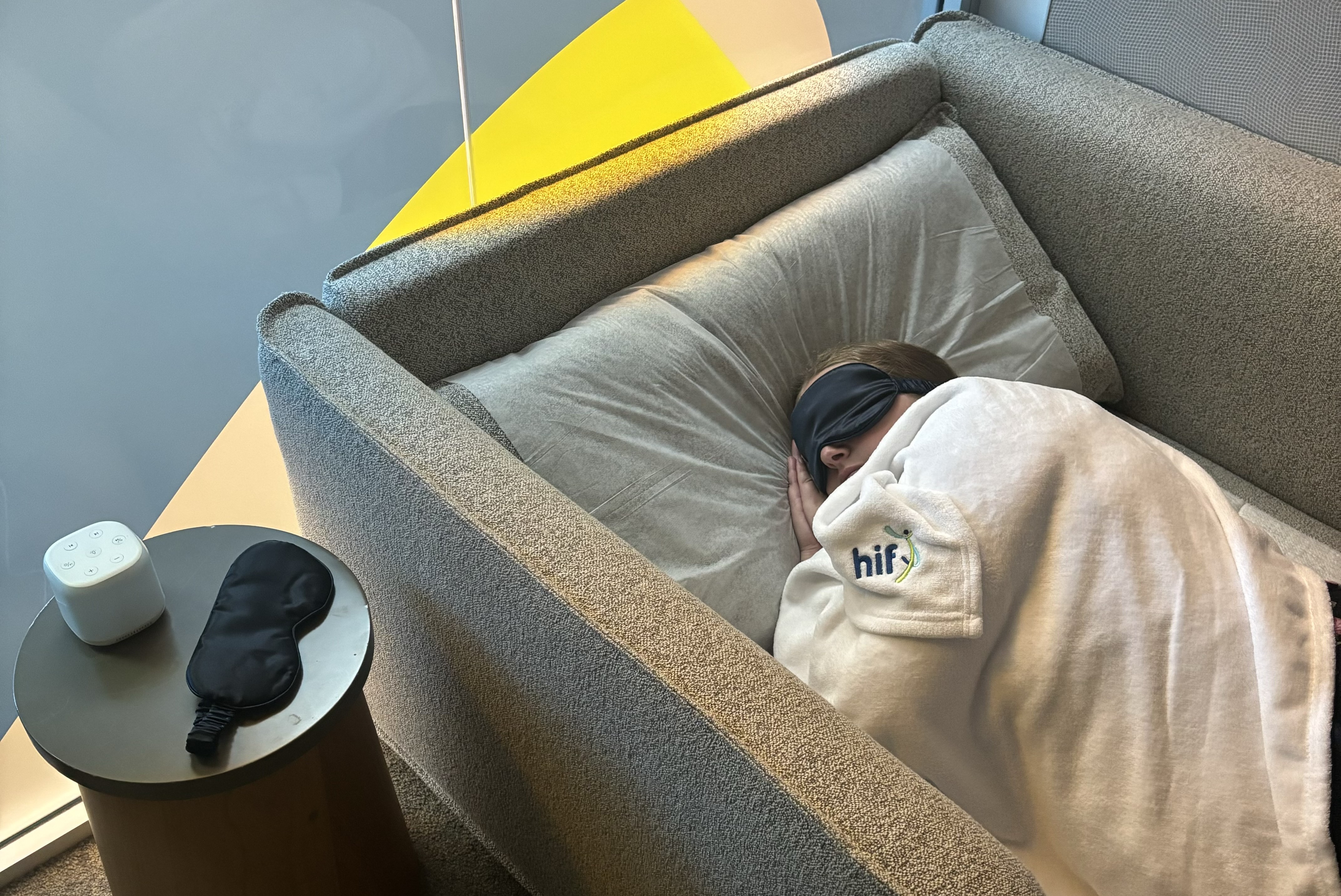
Recently we’ve heard all levels of government talk about the serious lack of productivity growth in Australia, which stands at a 60-year low. Former treasury boss Ken Henry called the lack of focus on economic and environmental productivity “robbery” and “a collective failure” to underpin a better future for the next generation.
But where’s the health conversation in all this?
Australians are tired… and while that’s not breaking news, we are noticing post-pandemic, that more Australians are turning up to work exhausted than ever before.
Our current HIF Health Insurance Sleep Index indicates that Aussies are often “sleep working” through their daily lives. More than half of working Australian’s (54 per cent) admit they have turned up to their job exhausted in the last year.
When it comes to those working long shifts of 10-plus hours, the numbers are even more dire, with a staggering 79 per cent saying they’d turned up to work exhausted. With so many West Australians working in the resources sector, routinely working shifts of 10-12 hours over extended periods, this result should be of particular concern to their employers.
On average, those ‘working tired’ say their productivity declines by 15 per cent, which across a national workforce, equates to a massive hit to our GDP, and the nation’s overall prosperity.
Our research also found nearly three in 10 Aussies faked a sickie due to being tired, which simply isn’t sustainable for our general or economic health. Pardon the pun, but this is a ‘wake- up call’ for corporate Australia.
So, what should we do?
Let’s start with putting sleep back on the agenda as a key pillar of good health. Many believe sleep underpins our ability to eat well and have the energy to exercise effectively – so sleep needs to be given the weight it deserves as part of the national health conversation. It’s just as integral as diet and exercise.
All Australian businesses need to incorporate sleep into their HR wellbeing programs because a well-rested workforce is less stressed, more effective, creative, inspired and, yes, productive.
This can start with a more honest dialogue about sleep and tiredness in the workplace. Modern life demands a lot from us. We live in a time where it’s hard to completely “switch off”, but the answer lies less in telling Aussie businesses and leadership teams how to navigate exhaustion in the workplace, and more in leading by example.
And that’s not just about sleep, it’s about boundaries – taking a lunch break, not being available on your holidays and days off, having digital down time, not sending email after hours and committing to more flexible work schedules that allow people to rest as and when they need it.
We conduct annual company-wide training with an external sleep expert to give our team a strong baseline understanding about their sleep health and how it links to performance. While not every business can afford dedicated sleep training, providing staff with freely available sleep health education resources is a great starting point which could reap significant wellbeing benefits.
We also need to collectively think outside the box on sleep in the workplace. At our HQ we’ve introduced a dedicated rest and recharge nap room, so if our team are feeling tired, they can head in for a strategic 20–30-minute nap to recharge, with no guilt or stigma attached. A power nap can do wonders to help employees recalibrate and it really is no different than going for a walk around the block and getting a large coffee to recharge.
Speaking to many sleep experts and academics, a big step forward would be to incorporate sleep into the primary school curriculum, giving all Australians a great foundational education on what it means to truly have a great night’s sleep and its flow on effects to positive health throughout life.
It’s almost serendipity that Sleep Health Week falls in the second week of August; just ahead of the Government’s much anticipated Productivity Summit. Let’s hope sleep health gets some airtime on that agenda, because the sooner we recognise that sleep is essential to productivity in Australia, the better off our workforce and our economy will be.
*Sleep Health Week is August 11 to 15
Jen O’Brien, Chief Member and People Officer, HIF Health Insurance
Jen O’Brien is Chief Member and People Officer at HIF, looking after the Health Insurers member experience and Human Resources. She is a big supporter of HIF’s Sleep program – educating both the HIF team and its membership about the importance of Sleep as a key pillar of health.
For more information visit Sleep Eazzzy with HIF | Personalised Tips & Resources for Healthy Sleep
By Jen O’Brien, Chief Member and People Officer, HIF Health Insurance
First published in The West Australian